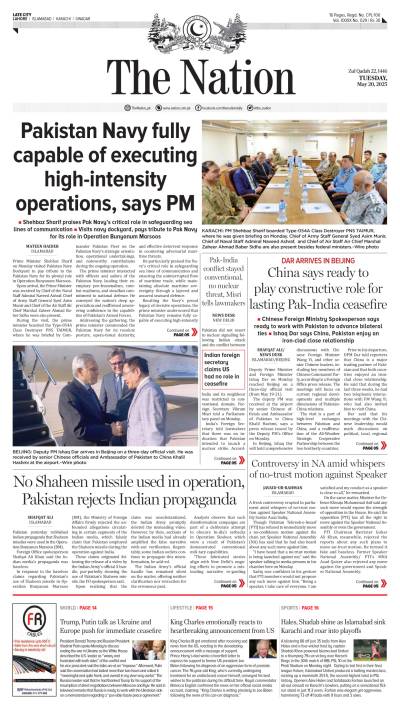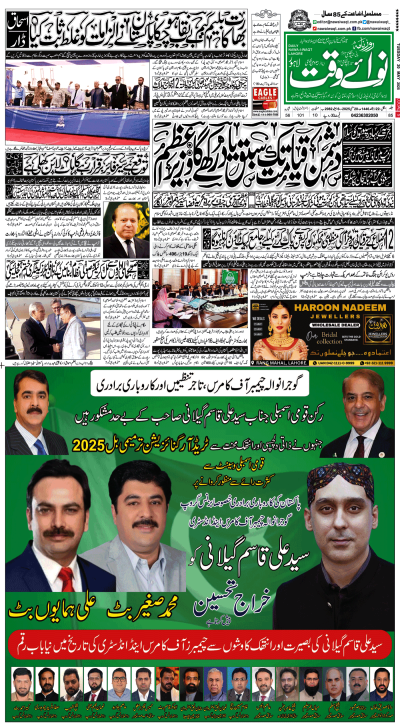ISLAMABAD - The Supreme Court of Pakistan Tuesday asked the Pakistan Tehrik-e-Insaf (PTI) lawyer to prove how the amendments have diluted the National Accountability Ordinance (NAO) 1999, and the same are contrary to the fundamental rights, enshrined in the Constitution of Pakistan. A three-member bench of the apex court headed by Chief Justice of Pakistan Justice Umar Ata Bandial and comprising Justice Ijaz ul Ahsan and Justice Syed Mansoor Ali Shah conducted hearing of the constitutional petition of PTI Chairman Imran Khan against the amendments in the NAO 1999 and decided to hear the petition on a day to day basis.
At the conclusion of Khawaja Haris arguments, Justice Bandial asked from him, “You have to show that the amendments have diluted the law (NAO) and are in violation of the fundamental rights of the citizens, and that these amendments were made in breach of the pre-NAO laws.” He further asked him to point out specifically which amendments are contrary to the fundamental rights.
Kh Haris, representing the PTI chief, argued that the accountability courts across the country are in the process to return the references against the prominent politicians to the NAB, adding most of the references have been returned. The bulk of the references pending in the Accountability Courts are in respect of offences under sections 9(a)(v), 9(a)(vi) and 9(a)(ix) of NAO, 1999, and these are the offences that have been radically affected by the impugned amendments, he added. At the start of his arguments, he explained the genesis of the National Accountability Ordinance and gave history of the various anti-corruption enacted from time to time in the country and drew their comparison with the NAO provisions. He said that erstwhile laws had also dealt with the public office holders, which covered the bureaucrats and civil servants.
Justice Mansoor inquired that whether the definition of public office holders included the judges and armed forces.






